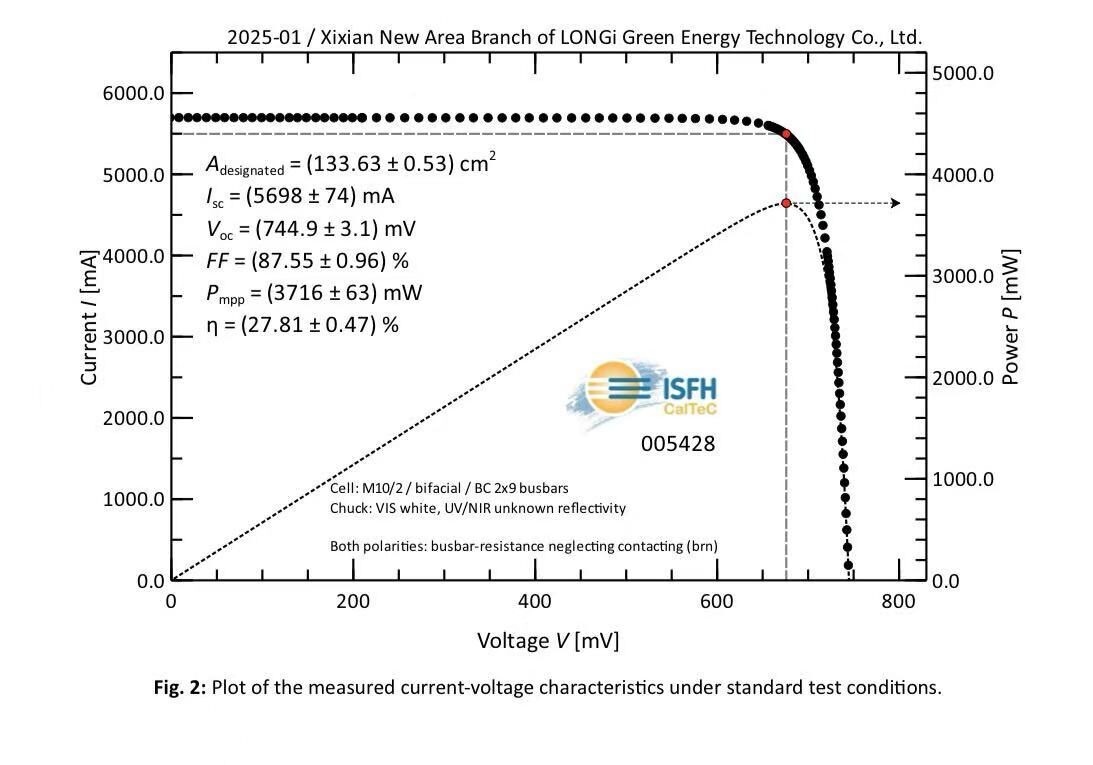The Portuguese government has published new regulations for the selection of PV and other energy projects under the so-called “special regime” in Portugal’s official journal.
In the document, the government said the new rules will prioritize the dissemination of mature technologies, such as PV, for which several approval requests have been submitted over the past months.
The government stressed, however, that the high number of applications for unsubsidized solar projects is currently significantly exceeding grid capacity in some regions. As a consequence, projects will be selected under a new draw mechanism, which will be based on the following elements:
- The application code, which corresponds to the register number of the first filing with Portugal’s Directorate General for Energy and Geology (DGEG);
- The project’s capacity and its grid area;
- The project’s technology; and
- The grid capacity in the project’s location.
The draw process will be conducted by a jury comprised of three members named by Portugal’s Secretary of Energy.
The results of the first draw for all solar projects submitted by the end of 2017 will be announced by mid-March, according to local financial newspaper Sapo.
At the end of December of last year, DGEG had approved unsubsidized solar projects with a combined capacity of 756 MW. Meanwhile, at the end of November, capacity stood at 521 MW. At the time, DGEG said it was reviewing another 91 PV projects totaling 2.2 GW for approval.
All of the projects selected through this new scheme are expected to be developed without direct public incentives and will sell power to the spot market.
This content is protected by copyright and may not be reused. If you want to cooperate with us and would like to reuse some of our content, please contact: editors@pv-magazine.com.




1 comment
By submitting this form you agree to pv magazine using your data for the purposes of publishing your comment.
Your personal data will only be disclosed or otherwise transmitted to third parties for the purposes of spam filtering or if this is necessary for technical maintenance of the website. Any other transfer to third parties will not take place unless this is justified on the basis of applicable data protection regulations or if pv magazine is legally obliged to do so.
You may revoke this consent at any time with effect for the future, in which case your personal data will be deleted immediately. Otherwise, your data will be deleted if pv magazine has processed your request or the purpose of data storage is fulfilled.
Further information on data privacy can be found in our Data Protection Policy.